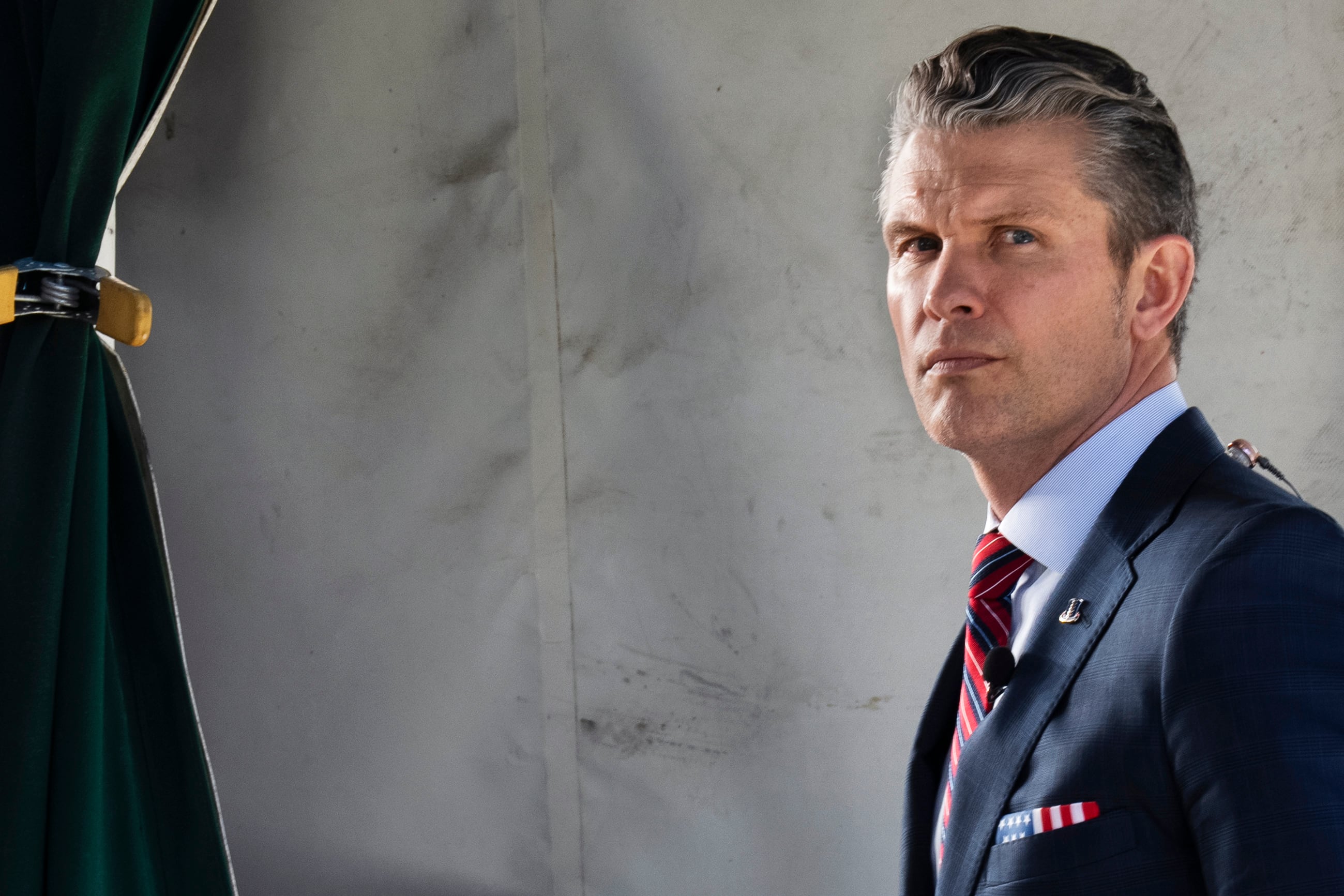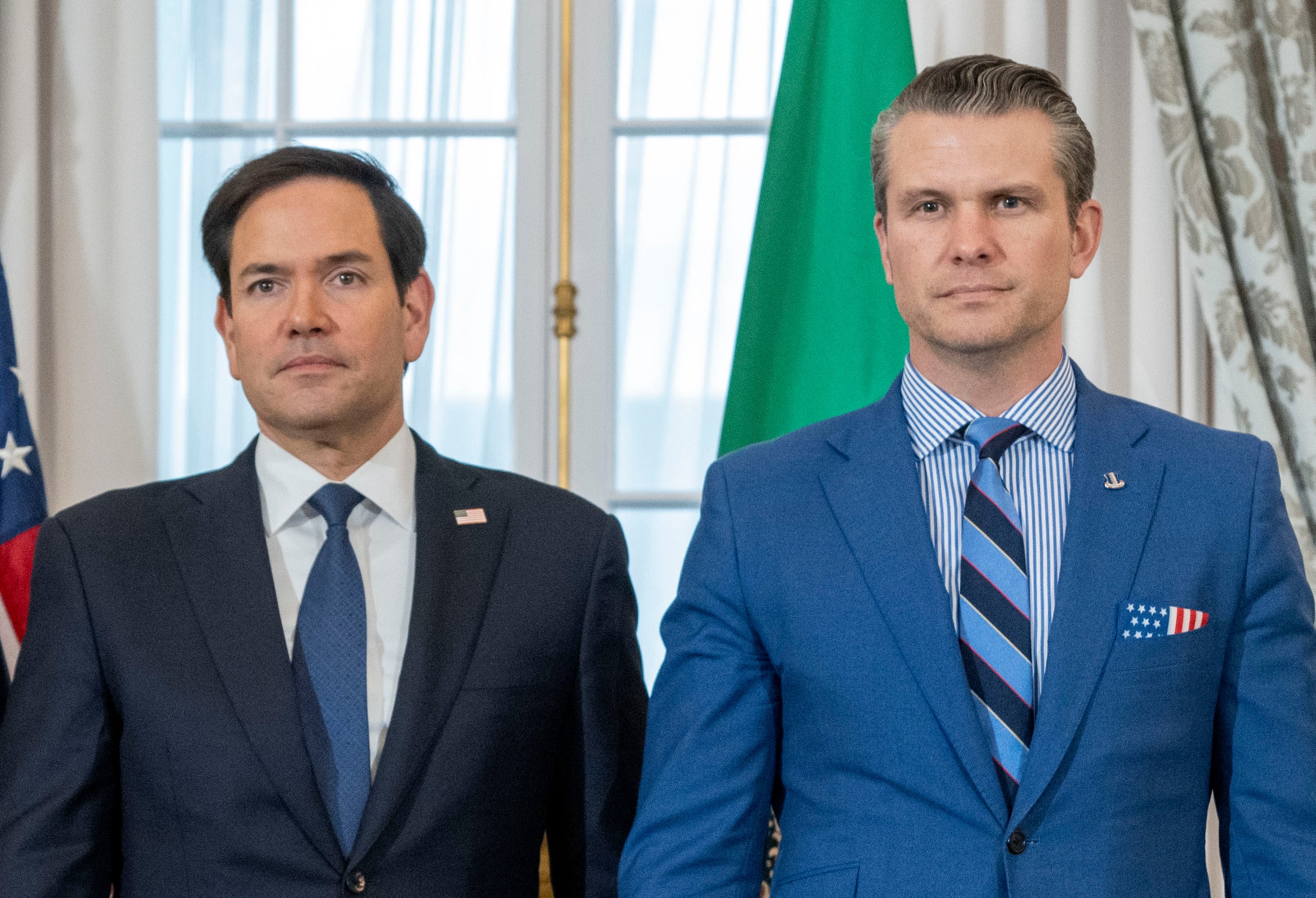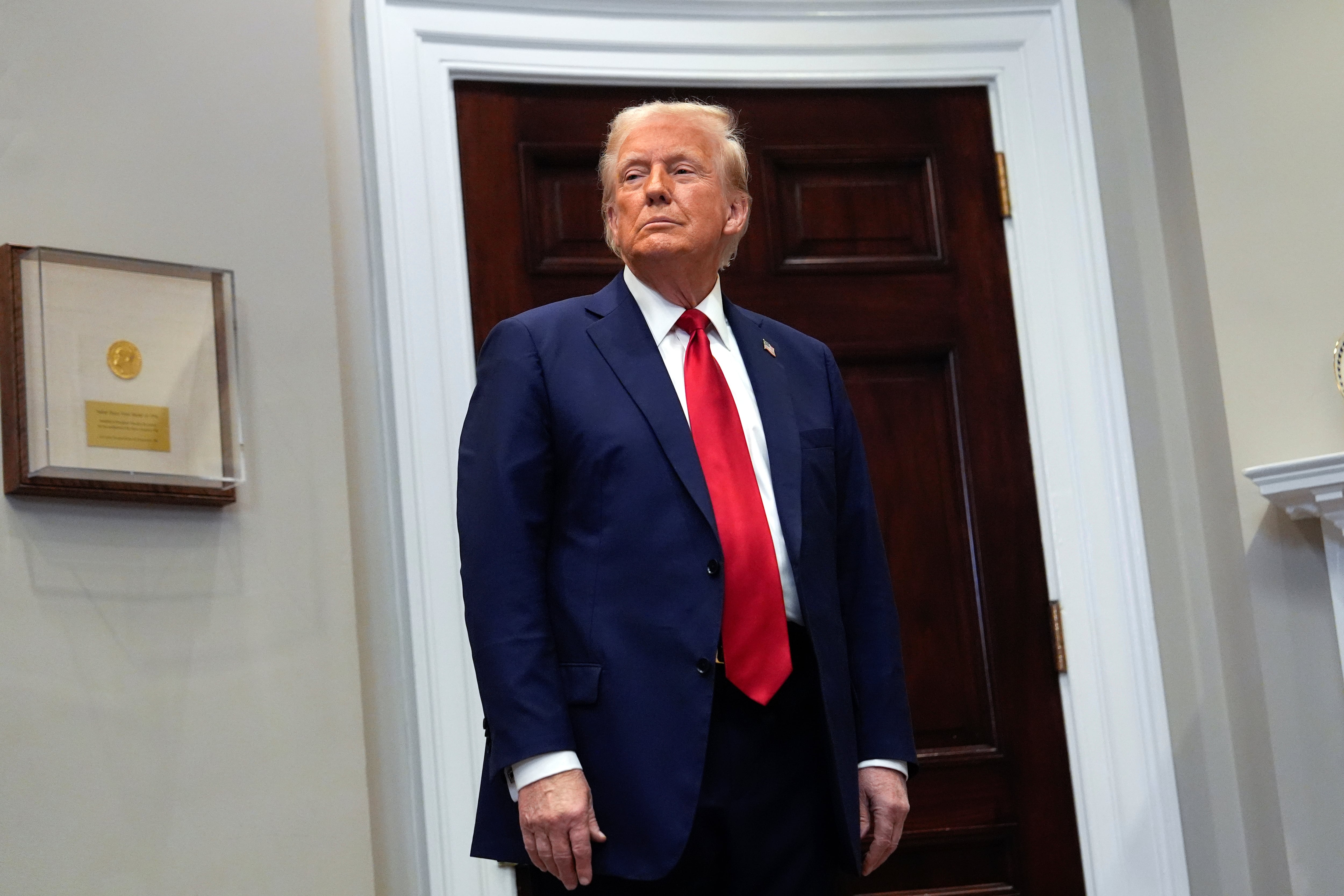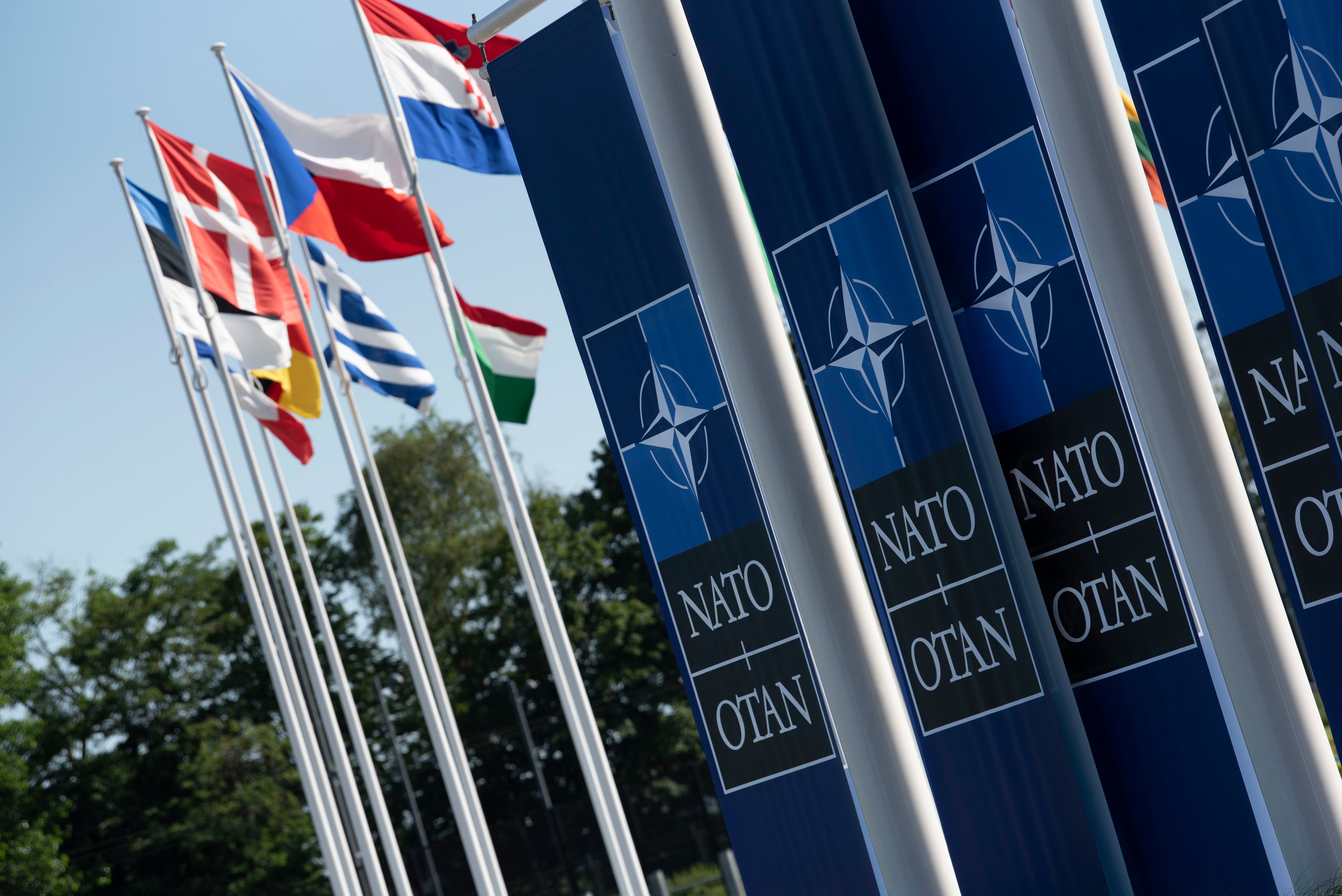The Army has secured a contract for more than 180,000 face masks, so soldiers won’t have to permanently rely on ad-hoc items like neck gaiters and t-shirts, which may or may not effectively filter out coronavirus-sized particles.
Those cloth face coverings are scheduled to be delivered between May 1 and June 19. The masks are contracted through the textile manufacturing firm Milliken at a total purchase cost of $749,000, which breaks out to roughly $4.16 per mask, according to Army spokeswoman Lt. Col. Crystal Boring.
“There will be another purchase in the next week with the delivery date to be determined. This complements the ongoing requisition process via the national level supply chain,” said Boring.
The material is made of Milliken’s patented anti-microbial “BioSmart” technology and will be black in color. The fabric binds chlorine bleach from each wash cycle to the surface of the fabric, according to Milliken’s website. Products with BioSmart fabric must be washed with an EPA-registered chlorine bleach to charge the fabric prior to each use, the website states, with the fabric remaining durable for up to 75 launderings.
The procurement is part of the Army’s rapid acquisition process to help prevent the spread of COVID-19 until a vaccine is available and distribution has begun, said Boring. However, some units have already been requesting face coverings through the national supply chain.
“Local commanders will have additional coverings available to issue to other personnel based on their missions and operating environments,” Boring added.
While soldiers wait for issued masks, they’ve been advised to use other issued items, like neck gaiters, following Pentagon guidance requiring face coverings in close quarters amid the pandemic. But how well neck gaiters actually filter out the less-than-one micron in size coronavirus remains unclear.
An Army lab is able to test various clothing items for filter rates, and officials there told Army Times on April 27 that they planned to test the neck gaiters, as well. After several weeks, however, they determined they can’t share any information gathered pertaining to uniform items, citing operational security constraints.
“That information could be exploited by our adversaries,” said Richard M. Arndt, a spokesman for Army Combat Capabilities Development Command, adding that while it may be easy for an adversary to find out on their own, the lab “doesn’t want to do their work for them.”
Army researchers at the command did release filter rates for other materials. They reported that four-ply microfiber cloth, which can be found in the cleaning section of most big box stores, filters out more than 75 percent of particles similar in size to the coronavirus.
By comparison, an N-95 mask, the protective covering in short supply among hospital workers who need it most, is able to filter out 95 percent of 0.3+ micron particles.
Soldiers have also been authorized to wear other cloth items, such as bandanas and scarves, as face coverings. Similar items were tested by Army researchers at the lab, who sprayed a salt aerosol at a piece of the material and measured the density of particles suspended in the air on one side and compared it to the density on the other.
The salt particles used to test the filter were 0.2-0.3 microns in size. Coronavirus is roughly 0.1 microns in size, but the virus floats around in droplets expelled by infected persons that are anywhere from 0.2 to a several microns in size or larger.
Researchers found that layering a polyester bandanna can filter out about 40 percent of suspended particles.
Soldiers have been advised not to fashion face coverings from Army Combat Uniforms or other materials that have been chemically-treated. Additionally, personal protective equipment, such as N95 respirators or surgical masks, must be reserved for use in medical settings.
Kyle Rempfer was an editor and reporter who has covered combat operations, criminal cases, foreign military assistance and training accidents. Before entering journalism, Kyle served in U.S. Air Force Special Tactics and deployed in 2014 to Paktika Province, Afghanistan, and Baghdad, Iraq.










